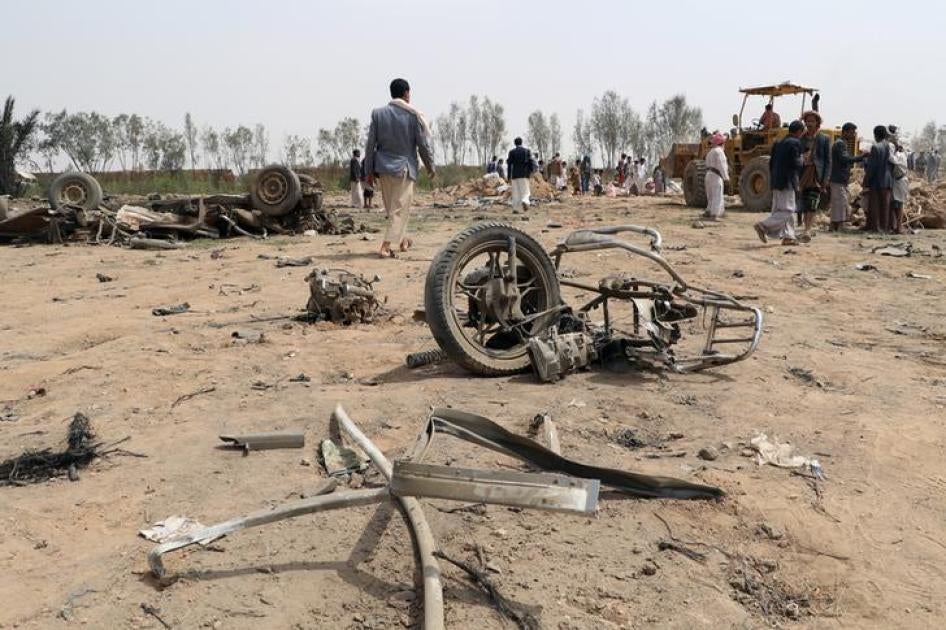President Emmanuel Macron’s diplomatic vision presented to his ambassadors this summer does honor to France. The president, who believes the country has an “unprecedented responsibility” in the face of a “profoundly disturbed” world order, made a commitment to defend human rights “ceaselessly.”
Saying he would uphold “independence without arrogance but taking full responsibility,” for French policy with relation to governments in the Gulf, he stated that he had “established extremely frank relationships with all the governments in the Gulf.”
According to President Macron, “We can reconcile realism with the defense of our values.” He rightly stated: “Our diplomatic and economic exchanges with Russia, Turkey or China cannot justify concealing human rights issues behind a veil of modesty. Otherwise, we would be betraying ourselves.” But what about Saudi Arabia?
For the past two and a half years, Saudi Arabia has been leading a military coalition in Yemen that has committed multiple war crimes and contributed significantly to bringing the country to its knees. According to the UN, more than 5,000 civilians have been killed and 8,700 injured, most of them in strikes by the Saudi coalition. The forces of the Houthi rebels and former President Ali Abdullah Saleh, against whom the coalition is fighting, have also been responsible for numerous crimes.
As a result of this conflict, which has shown no pity toward civilians, the country is currently suffering from the worst humanitarian crisis today: more than 80 per cent of the population depends on international aid, with aid groups facing many obstacles to delivering it.
And yet this crisis was not mentioned in President Macron’s speech on France’s diplomatic priorities. Why not? Human Rights Watch has documented these extremely grave crimes for several months, but Saudi Arabia has not hesitated to use its financial power as a weapon to push back against its critics, even within the UN.
In fact, Saudi Arabia is one of the main clients of the French arms industry. According to an article published in Le Point on March 20, “François Hollande authorized the sale of 455 million euros’ worth of arms to Riyadh, a large part of which could be intended for the war in Yemen.” According to Le Point, the current foreign affairs minister, Jean-Yves le Drian, then minister of defense, allegedly defended these sales vigorously and continues to act as a de facto ambassador for French arms exports.
Will President Macron have the courage to put an end to these arms sales for as long as Saudi Arabia continues killing civilians in Yemen illegally, with complete impunity? Or will France continue to conceal the Yemeni tragedy behind a “veil of modesty”?
At the very least, French foreign policy ought to support diplomatic efforts at the United Nations Human Rights Council in Geneva, so that the full truth can be revealed about all the crimes committed in Yemen. The Dutch government, now with the support of Canada, took the brave initiative of calling for the creation of an international commission of inquiry. This proposal is supported by the United Nations high commissioner for human rights and the UN Security Council Group of Experts on Yemen, as well as 67 national and international nongovernmental organizations, including Human Rights Watch.
So what about France? Will President Macron’s government join these initiatives in a bid to defend the values he claims to uphold? If he continues to hide behind a wall of silence and wait-and-see attitude, he would be betraying his country’s values, as he rightly said himself. The time has come for France to prove it can reconcile pragmatism and values, and that the soul of its foreign policy is not for sale.










